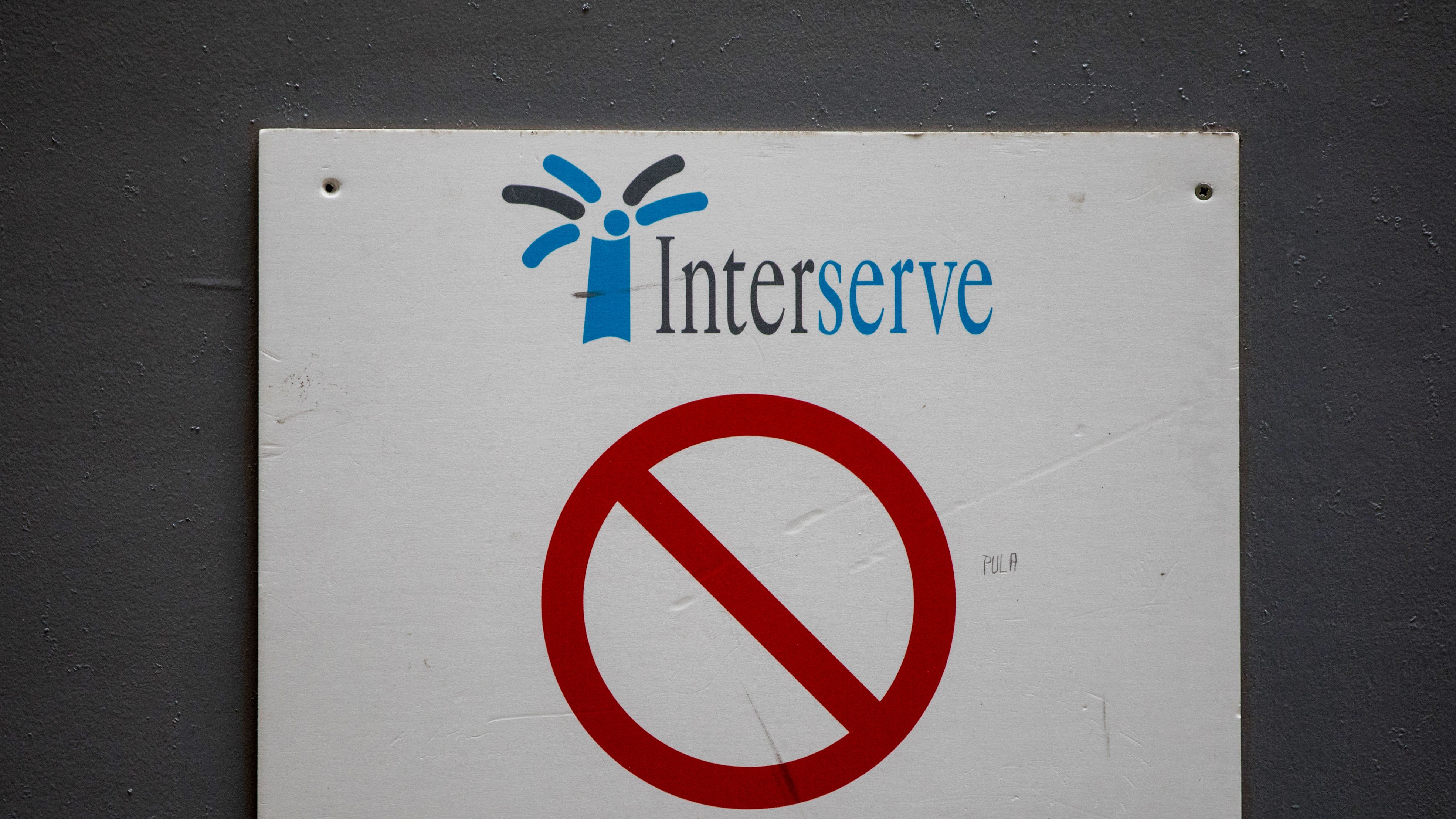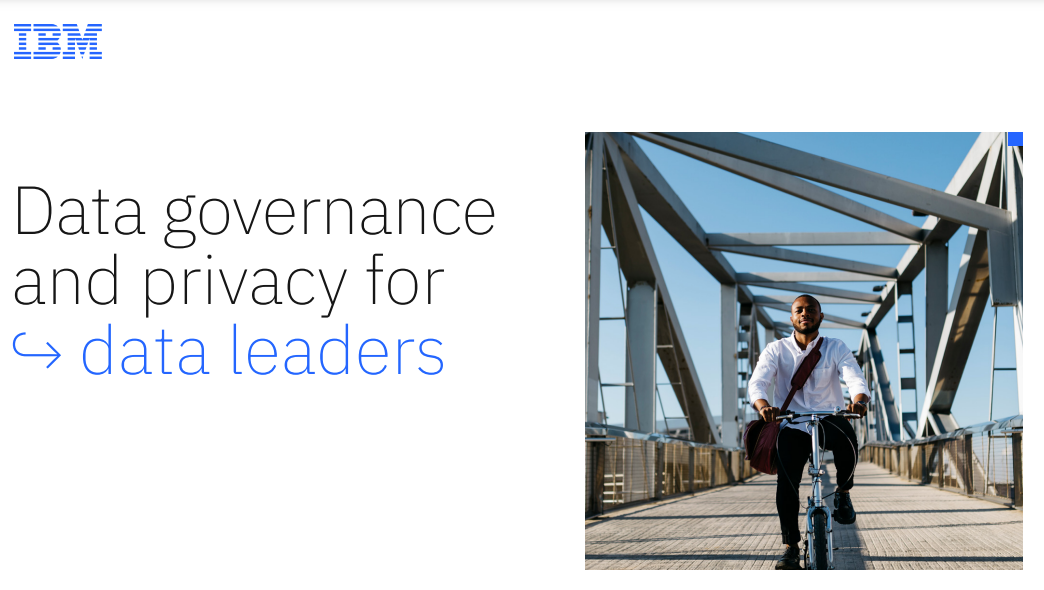UK outsourcer Interserve fined £4.4 million for litany of data protection failings
The numerous security blunders allowed cyber attackers to comprise its systems, install malware, and access the personal data of 113,000 of its staff


Sign up today and you will receive a free copy of our Future Focus 2025 report - the leading guidance on AI, cybersecurity and other IT challenges as per 700+ senior executives
You are now subscribed
Your newsletter sign-up was successful
UK outsourcing firm Interserve has been fined £4.4 million for data protection failings that resulted in the company suffering a significant cyber attack in 2020.
The Information Commissioner’s Office (ICO) issued the fine on Monday morning citing a lengthy period in which Interserve failed to adequately secure the personal data of its own staff.
Interserve’s issues were investigated between 18 March 2019 and 1 December 2020 and were related to a cyber attack that took place on 30 March of that year.
The attack led to the compromise of personal information belonging to 113,000 employees including special category data such as sexual orientation, disability, and religion.
Interserve said there was no evidence of data exfiltration - a statement with which the ICO concurred, but the data watchdog added that the possibility could not be ruled out.
A deadline of 21 November 2022 has been set by the ICO to pay the fine in full but this would be extended if Interserve appealed the fine, which it can do at any point 28 days following the fine’s issuance.
The company was found guilty of numerous security failings, including its reliance on out-of-date infrastructure to host its HR system, iTrent - which processed a large volume of personal data.
Sign up today and you will receive a free copy of our Future Focus 2025 report - the leading guidance on AI, cybersecurity and other IT challenges as per 700+ senior executives
The ICO’s investigation revealed that Interserve was processing personal data on 40 servers running Microsoft Server versions (2003 R2 and 2008 R2) that were either no longer officially supported or had already gone end of life (EOL).
RELATED RESOURCE

Data governance and privacy for data leaders
Create your ideal governance and privacy solution
“Interserve ought reasonably to have been aware of the risks posed by running outdated support systems, in particular in circumstances where the risks of running outdated support systems were well-known and documented,” read the ICO’s penalty notice.
It also pointed to how Microsoft publicly alerted customers to the increased targeting of vulnerable and outdated systems with ransomware during this period, and that Interserve's IT team should have been aware of and acted on the company’s legacy IT issues.
“Further, Interserve failed to undertake any formal risk assessments in relation to using unsupported operating systems on its data processing servers,” the ICO added.
Interserve was also using a version of McAfee VirusScan Enterprise that wasn’t running the latest version, leading the ICO to confirm the company failed to implement adequate endpoint protection.
The penalty notice additionally included a litany of other security failings such as failure to conduct penetration tests and issue cyber security training to staff, a slow incident response, and more.
Interserve told IT Pro that it "strongly disputes" the ICO's claims that its staff and incident response were "in any way complacent" and that the watchdog's statements were "inconsistent" with its penalty notice.
"Notwithstanding the inconsistencies between the ICO’s penalty notice and press release, and concerns that the ICO has not followed a fair and proper process, Interserve will continue to prioritise the interests of its past and present staff, counterparties, and other stakeholders while engaging with the ICO to resolve their investigations," a spokesperson said.
What happened in the Interserve cyber attack?
Employees at the company were targeted with phishing emails on 30 March 2020 and malware was installed via a ZIP file attachment.
Two employees were implicated in the incident and the ICO said one of them had not received cyber security training.
The initial recipient of the email on 30 March 2022 then forwarded it to another employee in the company who was tasked with paying invoices.
The malware was installed on the victim’s machine, who was working from home at the time, and allowed access to the company’s sensitive information through split tunnelling which facilitated the access of data while encrypting internet traffic.
Attackers made initial access on 3 April 2020 and continued to access Interserve’s systems until May of that year when they used tools to compromise 283 systems and 16 accounts, 12 of which were privileged, across four domains, the ICO said.
The attackers were able to access the data and encrypt it, rendering it inaccessible to Interserve.
Interverse only became aware of the incident on 2 May 2020 after it spotted a message that it had been hacked that had embedded in its server infrastructure.
The incident was later revealed as ransomware and outside experts were called in to remediate the situation after it was reported to the NCSC and ICO.

Connor Jones has been at the forefront of global cyber security news coverage for the past few years, breaking developments on major stories such as LockBit’s ransomware attack on Royal Mail International, and many others. He has also made sporadic appearances on the ITPro Podcast discussing topics from home desk setups all the way to hacking systems using prosthetic limbs. He has a master’s degree in Magazine Journalism from the University of Sheffield, and has previously written for the likes of Red Bull Esports and UNILAD tech during his career that started in 2015.
-
 Pulsant unveils high-density data center in Milton Keynes
Pulsant unveils high-density data center in Milton KeynesNews The company is touting ultra-low latency, international connectivity, and UK sovereign compute power to tempt customers out of London
-
 Anthropic Labs chief claims 'Claude is now writing Claude'
Anthropic Labs chief claims 'Claude is now writing Claude'News Internal teams at Anthropic are supercharging production and shoring up code security with Claude, claims executive
-
 Ransomware gangs are sharing virtual machines to wage cyber attacks on the cheap – but it could be their undoing
Ransomware gangs are sharing virtual machines to wage cyber attacks on the cheap – but it could be their undoingNews Thousands of attacker servers all had the same autogenerated Windows hostnames, according to Sophos
-
 Google issues warning over ShinyHunters-branded vishing campaigns
Google issues warning over ShinyHunters-branded vishing campaignsNews Related groups are stealing data through voice phishing and fake credential harvesting websites
-
 The FBI has seized the RAMP hacking forum, but will the takedown stick? History tells us otherwise
The FBI has seized the RAMP hacking forum, but will the takedown stick? History tells us otherwiseNews Billing itself as the “only place ransomware allowed", RAMP catered mainly for Russian-speaking cyber criminals
-
 Everything we know so far about the Nike data breach
Everything we know so far about the Nike data breachNews Hackers behind the WorldLeaks ransomware group claim to have accessed sensitive corporate data
-
 There’s a dangerous new ransomware variant on the block – and cyber experts warn it’s flying under the radar
There’s a dangerous new ransomware variant on the block – and cyber experts warn it’s flying under the radarNews The new DeadLock ransomware family is taking off in the wild, researchers warn
-
 Hacker offering US engineering firm data online after alleged breach
Hacker offering US engineering firm data online after alleged breachNews Data relating to Tampa Electric Company, Duke Energy Florida, and American Electric Power was allegedly stolen
-
 Cybersecurity experts face 20 years in prison following ransomware campaign
Cybersecurity experts face 20 years in prison following ransomware campaignTwo men used their tech expertise to carry out ALPHV BlackCat ransomware attacks
-
 15-year-old revealed as key player in Scattered LAPSUS$ Hunters
15-year-old revealed as key player in Scattered LAPSUS$ HuntersNews 'Rey' says he's trying to leave Scattered LAPSUS$ Hunters and is prepared to cooperate with law enforcement